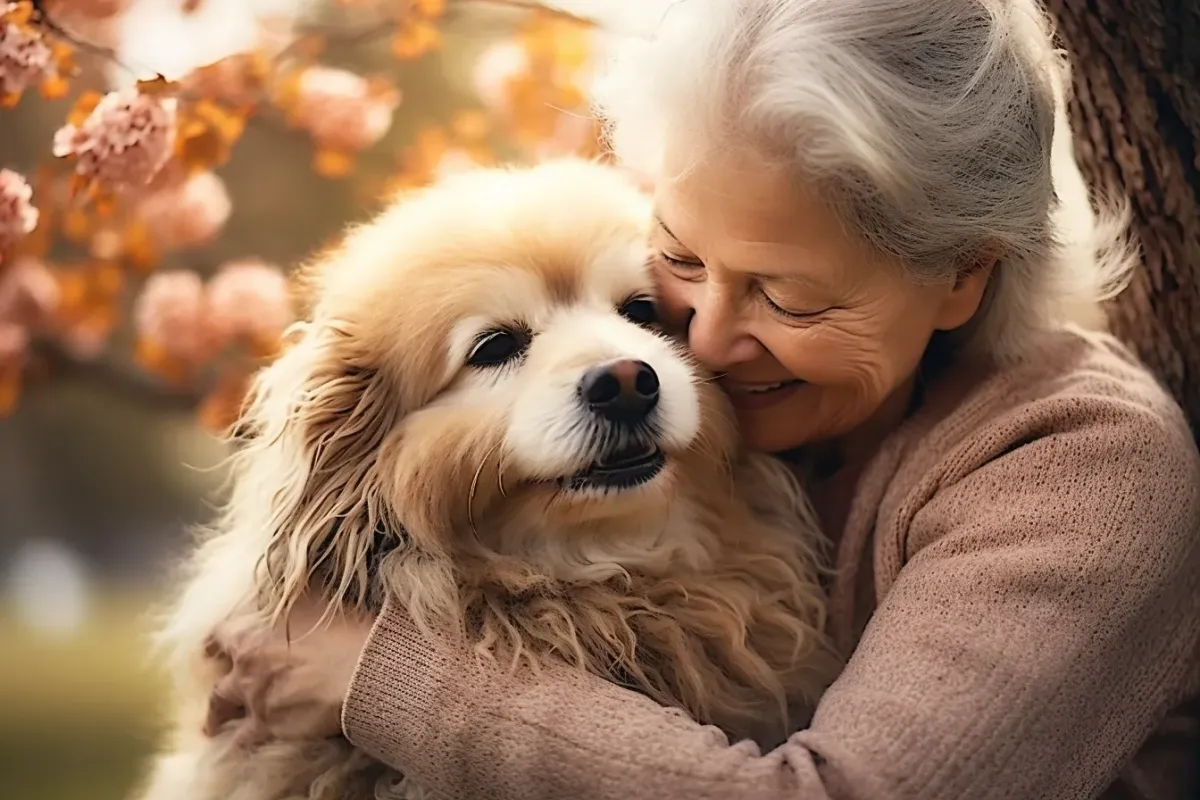
FREQUENTLY ASKED QUESTIONS (FAQ)
WHAT IS HOSPICE?
Hospice is a special type of care that combines palliative care and the philosophy that quality of life is better than quantity of life for those with life-limiting or terminal illnesses.Hospice care operates under the goal to maximize the quality of life by providing tailored end-of-life care and support services.
This may include: Pain management, Nursing, Medication administration, Personal care

WHAT A HOSPICE CARE AGENCY CAN OFFER YOU?
End of Life Care, Palliative Care, Bereavement Counseling, Hospice Support Services

WHAT IS THE ADMISSION CRITERIA FOR HOSPICE CARE IN LAS VEGAS?
In order to qualify for hospice care, the patient must have received a prognosis of six months from a medical doctor. This doesn’t mean that your loved one will die within that time; of course no one can predict this with accuracy. It just means that their illness is terminal and the doctor feels that they could possibly pass away within six months or that curative treatments are no longer effective.
HOW DO I START THE HOSPICE PROCESS?
In order for hospice to start, we must receive the hospice order from the doctor. This acts as a referral that states the patient is qualified for hospice. Then, we will look over the patient’s medical history and assess the patient in order to craft an individual care plan. The assessment can be done at the hospital or in the home, whichever is most convenient for the family.
IS HOSPICE ONLY FOR THE FINAL DAYS OF LIFE?
Not at all. In fact, the earlier the transition to hospice, the more effective it is to control symptoms and provide peace and quality of life for the patient and family members.
HOW LONG DOES HOSPICE STAY WITH A PATIENT?
Long-term hospice care is sometimes necessary if a life-limiting illness does not run its course in that time. Just because the prognosis is six months doesn’t mean that hospice will end once that time passes. So long as the prognosis doesn’t change, hospice eligibility does not change. Our team continually adjust care plans to cater to the unique needs of each individual we serve.
HOW MUCH DOES HOSPICE COST?
In many cases, insurance coverage will dictate the cost of hospice care. If the patient is not covered, or if their plan does not include hospice, our financial experts can discuss options and ensure the patient gets the services they need.
DOES MEDICARE OR MEDICAIDE PAY FOR HOSPICE?
Medicare and Medicaid pay for hospice care so long as the patient meets certain eligibility requirements.
HOW DO I PREPARE LOVED ON FOR END OF LIFE CARE?
It is not the goal of home hospice care to cure any illnesses but rather manage symptoms to improve the quality of life. Enlisting hospice services does not mean you’ve given up; it simply means the priority has shifted from aggressively curative treatment to pain management to increase the comfort level of the individual.Our team provides care to many individuals that have chronic illnesses, cancer, dementia, and many other life-limiting conditions, so you can count on us to provide the highest quality of care. This is why we develop care plans that cater specifically to the needs of the individual. In addition, should an issue ever arise, we’ll be there to assist you any time of day or night.
WHAT SUPPORT SERVICES DOES UNIFIED CARE HOSPICE OFFER?
SUPPORT SERVICES AND SOCIAL WORK: Consider us your support team. Our services encompass not only the needs of the patient but the family members as well.Hospice isn’t just for the patient! This is a time of transition for everyone involved, and it may be emotional or stressful at times. That’s why our philosophy is to work with all who are involved and provide as much support as we can.We’re all in this together! As a general rule, hospice social workers follow the wishes and requests of the family. They are available to offer a more holistic approach that addresses both the physical and emotional needs of everyone involved.Our social workers are also available to help communicate the patient’s needs to our team of medical personnel or provide assistance with filling out any paperwork that’s necessary.
DO UNIFIED CARE HOSPICE OFFER BEREAVEMENT COUNSELING?
Yes, We believe that every individual we meet has an impact that reaches far beyond themselves, spanning out to their community and loved ones. In that same way, the hospice care we provide extends beyond the life of a patient.We feel strongly about being here to support and guide you through your transition because we understand how grief and loss affect family and friends who have lost a loved one. Family members feeling grief may experience emotions including denial, anger, and depression when a loved one passes away.One amazing thing about hospice care is that grief counseling is covered under Medicare if your loved one or patient qualifies for Medicare-certified hospice care.
See Our Blogs

Embracing the Healing Power of Pets
Understanding the Bond Between Pets and Humans
The bond between humans and animals is timeless and profound. In the realm of hospice care, this bond takes on a special significance. This article delves into the world of animal companionship in hospice care, exploring how our furry friends offer more than just comfort; they provide a unique form of therapy that can transform the end-of-life experience.

The Therapeutic Benefits of Animal Companionship in Hospice Care
Emotional Support and Unconditional Love: Animals provide a level of emotional support that is pure and unconditional. In hospice care, where patients may feel isolated, a pet's presence can bring immense comfort and a sense of companionship.
Physical Health Benefits: Interaction with pets has been shown to lower blood pressure, reduce stress hormones, and release endorphins. These physical benefits are particularly valuable in a hospice setting, where alleviating stress is crucial.
Enhancing Quality of Life: Pets bring a sense of normalcy and joy. Their playful and affectionate nature can significantly enhance the quality of life for patients in hospice care.
The Role of Pets in Addressing Mental and Emotional Needs
Combating Loneliness: Hospice patients often struggle with feelings of loneliness and isolation. Pets, with their constant presence and affection, help alleviate these feelings.
Providing Comfort in Grief and Transition: The end-of-life journey can be emotionally challenging. Pets often sense when someone is upset and can provide comfort during these times.
Improving Mental Health: The simple act of petting or interacting with an animal can have significant mental health benefits, reducing anxiety and depression.
Different Types of Animals in Hospice Care
Dogs: Known for their loyalty and loving nature, dogs are common companions in hospice care. They have a natural ability to provide comfort and emotional support.
Cats: With their calming purrs and affectionate demeanor, cats can be ideal hospice companions, especially for patients who prefer a quieter, more independent pet.
Other Animals: Birds, rabbits, and even therapy horses can also play a role in hospice care, offering a diverse range of interactions to suit different patient needs.
Training and Certification for Therapy Animals
Understanding Therapy Animal Training: Not all pets are suitable for hospice care. Therapy animals undergo specialized training to handle the unique challenges of a hospice environment.
Certification Process: Animals and their handlers typically need to be certified by recognized organizations. This ensures they are prepared to provide safe and effective support.
The Importance of Proper Training: Properly trained therapy animals are essential for ensuring positive interactions and maintaining a safe environment for both the patient and the animal.
Challenges and Considerations in Integrating Animals into Hospice Care
Allergies and Phobias: It's important to consider potential allergies or phobias among hospice patients or staff when introducing animals.
Maintaining a Hygienic Environment: Ensuring cleanliness and hygiene is crucial, especially in a hospice setting.
Emotional Impact on Pets: The well-being of the animals themselves must also be considered, as they can become attached to patients.
Case Studies: Success Stories of Animal Companionship in Hospice
Individual Stories: Sharing real-life stories of patients who have benefited from animal companionship can highlight the profound impact of this practice.
Research Findings: Examining studies and research on animal therapy in hospice care provides evidence of its benefits.
How to Integrate Animal Companionship into Hospice Care
Collaborating with Therapy Animal Organizations: Partnering with local organizations can facilitate the integration of trained therapy animals into hospice care.
Creating Animal-Friendly Spaces: Adapting hospice environments to be welcoming and safe for both animals and patients is key.
Training Staff and Volunteers: Educating hospice staff and volunteers about handling and integrating animals into care routines ensures a smooth and beneficial integration.
Conclusion: The Transformative Power of Animal Companionship in Hospice Care
In conclusion, the integration of animal companionship into hospice care offers a unique and powerful way to enhance the end-of-life experience. The presence of a loving pet can provide immense emotional support, physical health benefits, and an overall improvement in quality of life for patients. By understanding the challenges and implementing the right strategies, hospice care facilities can unlock the healing power of pets, bringing comfort, joy, and

Interested In Care For Yourself Or A Loved One? Give Us A Call Today To Learn More.
© 2022 Unified Care Hospice - All Rights Reserved
info@ucarehospice.com
702-982-8266
